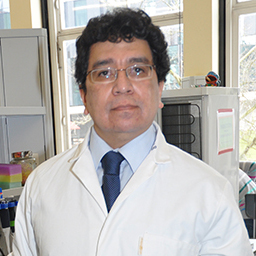Invitation to contribute to Frontiers in Physiology
We are open to receive contributions to the Research Topic "E3 Ubiquitin Ligases: From Structure to Physiology to Therapeutics, Volume II", which is part of the E3 Ubiquitin Ligases series.
Ubiquitin ligases refers to a family of proteins that are widely distributed in animals and plants and act as key regulators of cell metabolism and cell signaling. Recent reviews nicely describe our current understanding of the function of specific classes of ubiquitin ligases. However, a more holistic account of ubiquitin ligases in health and disease remain as an important pending assignment in the field.
This Research Topic addresses this gap in knowledge and aims to include contributions from leading scientists with a long-standing interest in ubiquitin ligases, ranging from the:
- study of the function and structure of HECT-type, RNA-binding, SCF, E1, and E3 ubiquitin ligase
- alternative Ubiquitin-modification Pathways
- Cullin-RING ubiquitin ligase complex, to the discovery of inhibitors and activators of RING and U-box type E3 Ligases
- role of ubiquitin ligases in autophagy and of ubiquitin-modifying enzymes in the regulation of the immune response.
Important note: All contributions to this Research Topic must be within the scope of the section and journal to which they are submitted, as defined in their mission statements. Frontiers reserves the right to guide an out-of-scope manuscript to a more suitable section or journal at any stage of peer review.







